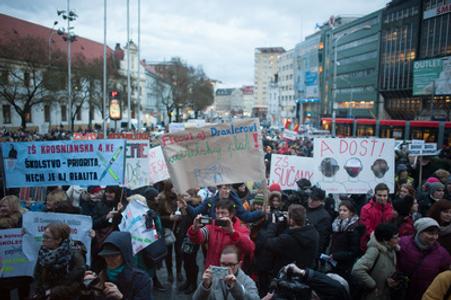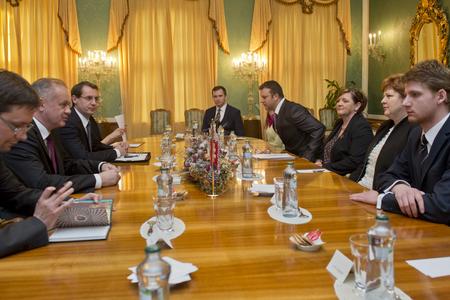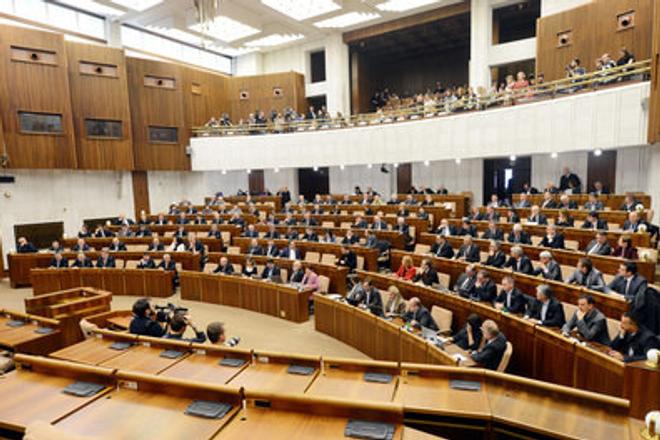The extraordinary session of parliament was initiated by 35 MPs, who found it important to discuss these issues before the general election on March 5, the TASR newswire reported.
After 15 hours of discussion the parliament rejected both resolutions.

The education part of the session was supposed to end with a resolution expressing serious concern over the Government’s long-term disregard of problems in the education sector.
“This situation resulted in a wildcat strike by educators that was launched on January 25, 2016,” stated the opposition, as quoted by TASR.
The parliament was also supposed to express its support for teachers and other employees of the school sector whose demands, according to the opposition, are well-founded.
The draft stated that parliament should point to the fact that education is one of basic pillars of every developed country, but that the Slovak school sector suffers from acute underfunding.
Opposition MPs also wanted the government to hold talks with representatives of the Slovak Teachers Initiative (ISU) as soon as possible and to adopt satisfactory measures to end the teachers’ strike and improve the situation in the Slovak school sector.

The opposition stated that it hopes that the health section of the special parliamentary session will lead to a resolution stressing the need to observe patients’ rights and to provide full health care in the current difficult situation.
With regards to the interests of patients and the protection of their rights, the opposition emphasised the need to hold talks addressing nurses’ justified demands and to adopt strategic measures aimed at stabilising their professional and social status.

“The social and moral significance of nurses must be rewarded with a fair salary and dignified working conditions in all types of health-care facilities,” read the draft resolution.
Parliament was further supposed to state that the health-care sector’s debt is constantly deepening, thereby endangering the smooth running of health-care facilities. It was expected to point to serious suspicions concerning the mismanagement of public resources in the health-care sector, which has a negative impact on the quality of provided health-care services.
The draft resolutions failed to receive backing in their respective committees because only opposition MPs voted for them. However, this concerned only a recommended position, and the final say was in the hands of the parliament.



 (source: TASR)
(source: TASR)